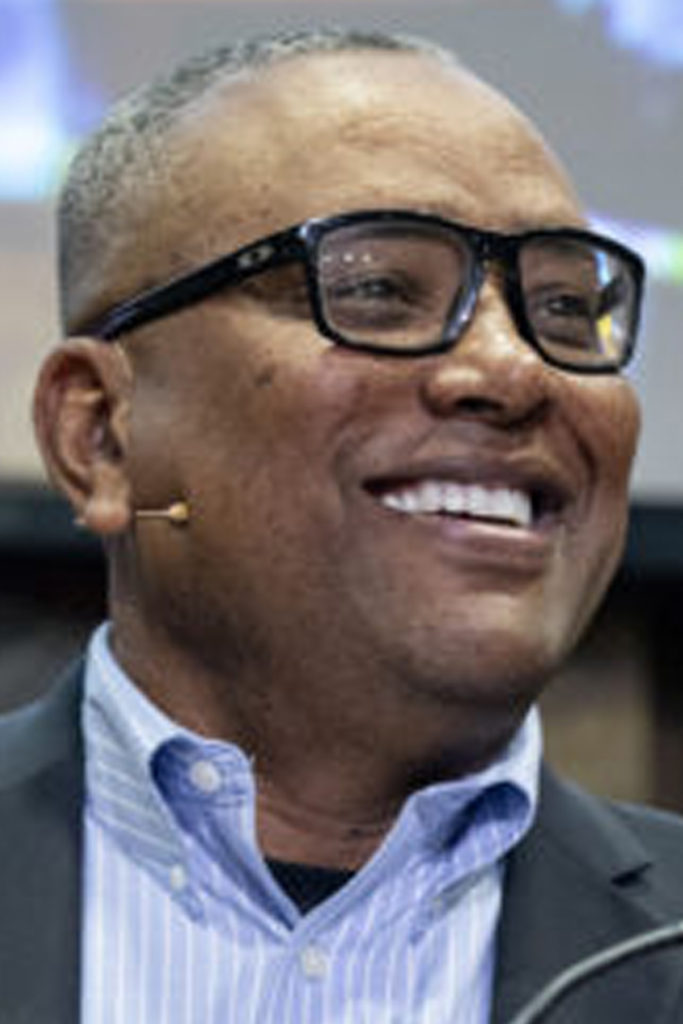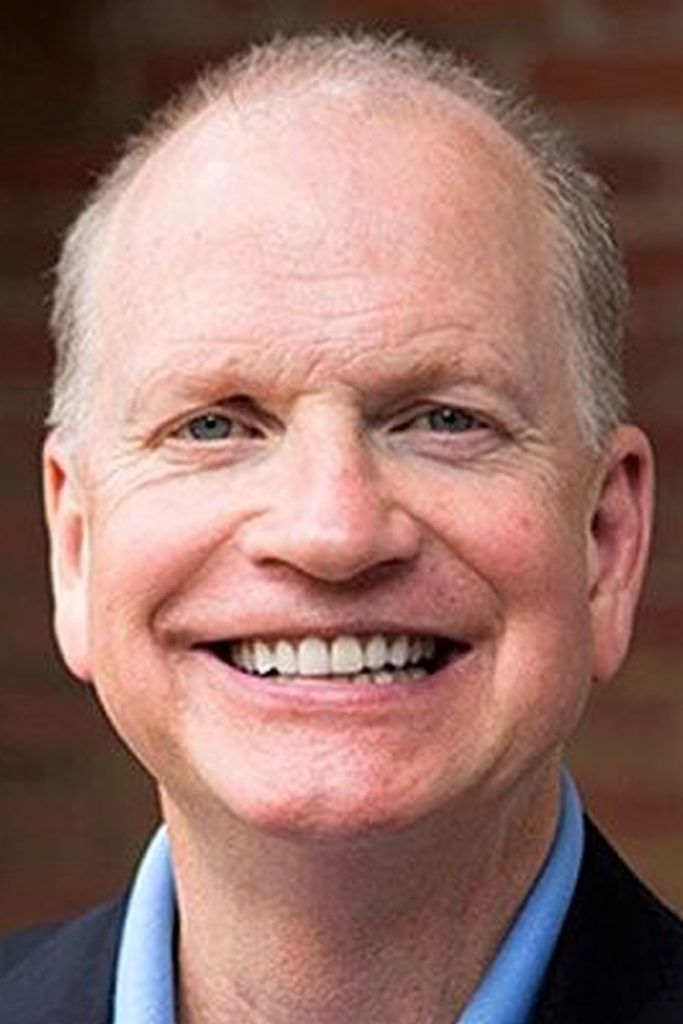SBC’s National African American Fellowship appeals to seminary presidents to help counter simmering conflict within convention
FAIRFAX STATION, Va. (BP and local reports) – The National African American Fellowship (NAAF) of the Southern Baptist Convention (SBC) issued a statement March 24 asking presidents of SBC seminaries to take steps to help defuse current racial tensions within the convention.
The statement makes clear that NAAF remains committed to working “in harmony with the Southern Baptist Convention and our entities to address the concerns of the African American community,” and encourages all Southern Baptists “to unite around the essentials of our faith, and in the nonessentials, maintain a spirit of charity,” focused on living out the Great Commandment in pursuit of the Great Commission.

Marshal Ausberry, NAAF president and also first vice-president of the SBC, said the fellowship is “trying to make a pathway forward that works for all of us.” The pastor of Antioch Church in Fairfax Station, Va., said the statement is a response to questions he and others have been asked by African American pastors since a meeting held virtually in January of a multi-ethnic group of Southern Baptist leaders.
During that meeting, NAAF officers and the seminary presidents addressed turmoil resulting from several statements that had been issued by SBC-affiliated groups concerning Critical Race Theory and race relations. “We felt we really needed a public comment that expressed where we are,” said Ausberry of Wednesday’s statement.
The Encyclopedia Britannica website defines Critical Race Theory (CRT) as “the view that the law and legal institutions are inherently racist and that race itself, instead of being biologically grounded and natural, is a socially constructed concept that is used by white people to further their economic and political interests at the expense of people of colour.”
Conflict was initially sparked by a statement issued by the Council of Seminary Presidents reaffirming the Baptist Faith and Message 2000 and condemning “racism in any form,” but asserting that “affirmation of Critical Race Theory, Intersectionality, and any version of Critical Theory is incompatible with the Baptist Faith & Message.”
The Merriam-Webster website defines Intersectionality as “the complex, cumulative way in which the effects of multiple forms of discrimination (such as racism, sexism, and classism) combine, overlap, or intersect especially in the experiences of marginalized individuals or groups.”
On behalf of NAAF, Ausberry issued a Dec. 11 response to the seminary presidents’ statement affirming the Bible as supreme and sufficient, but recognizing “there are ideologies from a sociological and anthropological perspective when used appropriately, help us to better understand the inner workings of a fallen and sinful world.”
Ausberry said NAAF’s March 24 statement is “not defending CRT, [that] has been misconstrued. We felt the seminary presidents’ statement went too far in dismissing CRT in all its forms.”
In the March 24 statement, NAAF said “certain limited insights from CRT, not as an ideology or worldview, can be useful to identify and repudiate racial bias and systemic racism in organizations and institutions. We believe that discussions on systemic racism and racial injustice requires understanding, patience, and grace.”
With the goal of “bringing healing and a better understanding among Southern Baptists,” NAAF in the March 24 statement asked the seminary presidents to:
— Cohost open forums with NAAF on biblical approaches to addressing systemic racism.
— Require in curriculum a course on the historical and theological understanding of race and racism in America.
— Acknowledge that in their statement Nov. 30, the seminary presidents were “speaking for their seminaries and not for the SBC.”
The Dec. 11 statement by NAAF said ideologies do not supplant the supremacy of Scripture and “where such ideologies conflict with Scripture, it is Scripture that governs our worldview, our decisions, and our lives.”
Ausberry reiterated that to Baptist Press after the March 24 statement, but pointed out the seminary presidents’ November statement “had the effect of dismissing the lived experience of African Americans with racism in America.”

In response to the March 24 NAAF statement, Danny Akin, president of Southeastern Seminary in Wake Forest, N.C., and chairman of the Council of Seminary Presidents, said the presidents “speak for ourselves and our seminaries alone,” and noted that in the November statement, the Council of Seminary Presidents was “seeking to speak clearly about the teachings on each of our campuses.”
“We do not speak for the Southern Baptist Convention, but we are accountable to it, to teach in accordance with and not contrary to the Baptist Faith and Message,” Akin said in a statement provided to Baptist Press. “It was in that spirit and in light of current conversations in our Convention that we addressed the issues of both racism and CRT.”
Akin said the seminary presidents “remain committed to condemning and fighting racism in every form, personal and structural, in consistency with the 1995 SBC Resolution on Racial Reconciliation and the Baptist Faith and Message.”
The issue of CRT and intersectionality has been percolating in the SBC since messengers to the 2019 SBC Annual Meeting passed Resolution 9, which affirmed the sufficiency and supremacy of Scripture and rejected the embrace of CRT as a worldview while suggesting it “should only be employed as analytical tools subordinate to Scripture.”